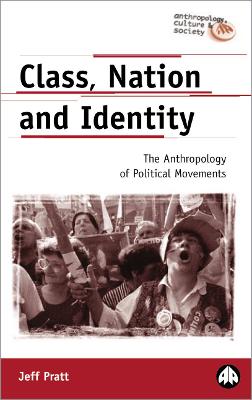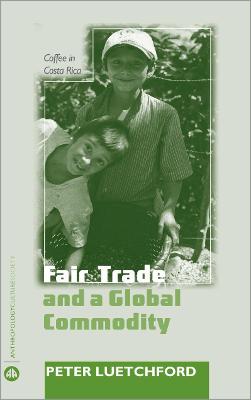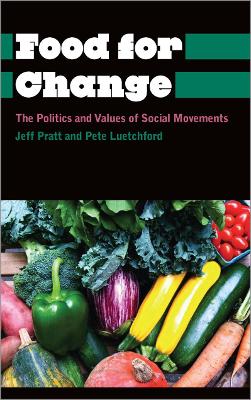Anthropology, Culture and Society
3 total works
Jeff Pratt argues for the need to set up a new analytical framework that extends the study of identity formation, and the ethnographic analysis of economic and social processes, to all political movements. Setting up a new analytical framework, he argues that political processes involve two linked components: a 'discourse' (an identity narrative which positions us within social history) and a 'movement' (the process of organisation whereby local social divisions are transformed by their incorporation into a wider movement).
He illustrates his arguments with a vivid mix of case studies from across the last century including Basque nationalism, Andalusian anarchism, Italian communism, the break-up of Yugoslavia, to the 'newer' political movements in Europe, in French Occitania and the Italian Lega Nord.
As with conventional coffee, Western demand for organic fair trade produce is largely met by more affluent individuals with larger landholdings. As a result, it is caught up in the conflicts of interest and resentments that are part of the coffee industry as a whole. Ultimately fair trade fails to escape divisions that characterise other forms of production and consumption.
All growers are united in their criticism of the high margins accumulated by regional and transnational processors and exporters. Sustainability, just rewards and social cohesion have formed part of the world view of these agricultural communities for decades. This book shows how there is much common ground between the worlds of the commodity grower and the priorities of the fair trade movement - if not necessarily always in the ways we might suppose.
Concern about our food system is growing, from the costs of industrial farming to the dominant role of supermarkets and recurring scandals about the origins and content of what we eat.
Food for Change documents the way alternative food movements respond to these concerns by trying to create more closed economic circuits within which people know where, how, and by whom their food is produced.
Jeff Pratt, Peter Luetchford and other contributors explore the key political and economic questions of food through the everyday experience and vivid insights of farmers and consumers, using fieldwork from case studies in four European countries: France, Spain, Italy and England. Food for Change is an insightful consideration of connections between food and wider economic relations and draws on a rich vein of anthropological writing on the topic.


